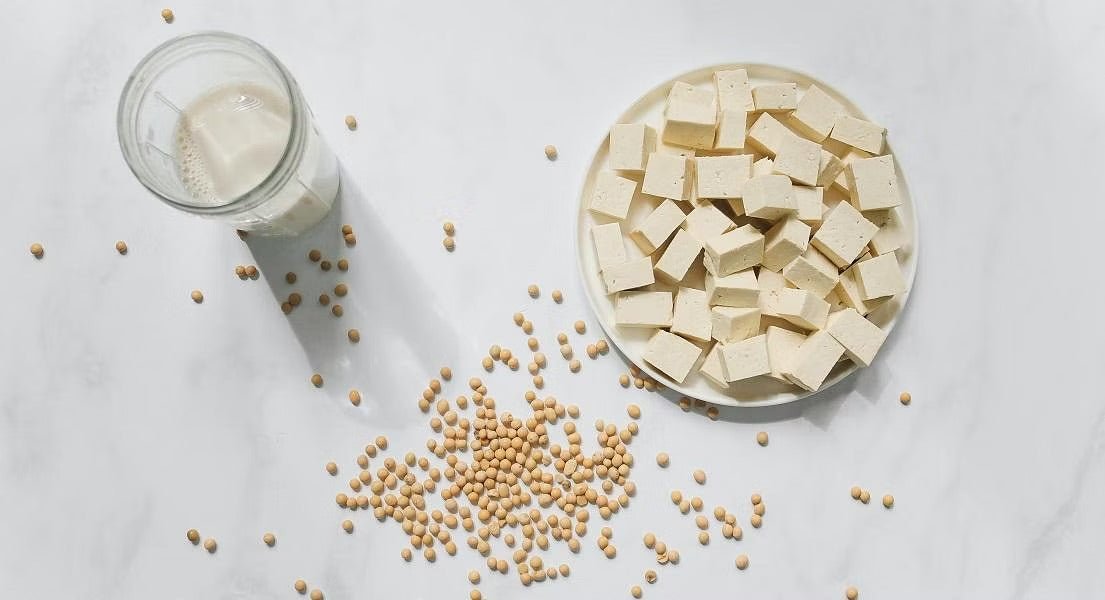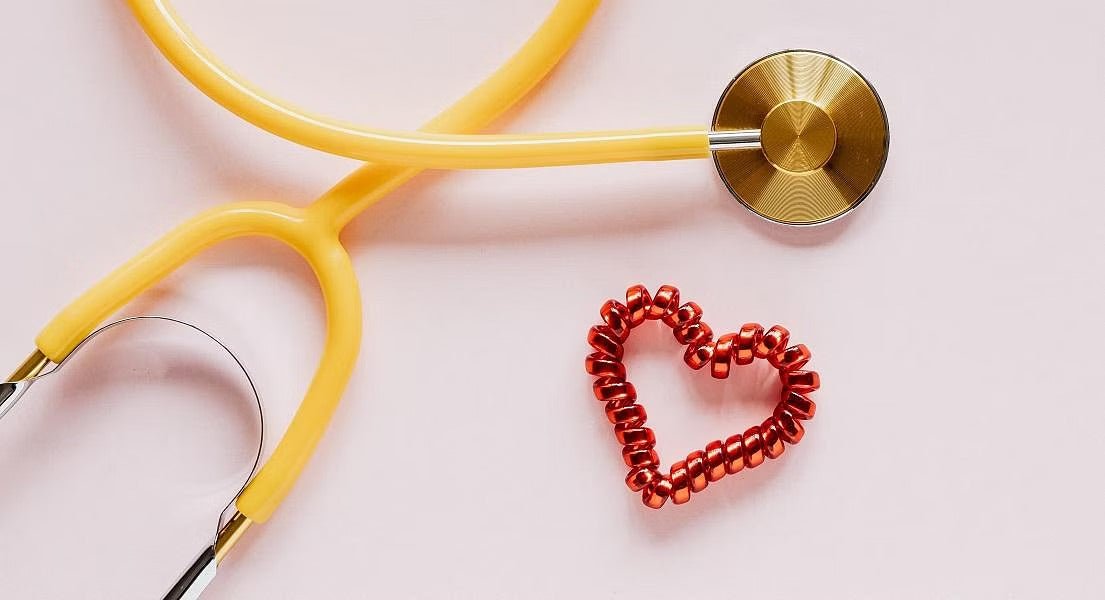The menopausal transition is a critical time in the female health journey. As ovarian function starts to decline and key hormone levels drop, a wide range of physical and psychological symptoms may occur, and these can vary considerably from one woman to another. Changes in mood, lowered resilience to stress and anxiety are among the psychological symptoms most commonly reported and for many women these can significantly impact normal daily function.
In this article we take a closer look at how investing in self-care, and perhaps adding extra magnesium and ashwagandha, commonly found in menopause supplements, may help to target these common concerns during the menopausal transition.
Protecting and preserving adrenal health is vital
There are many good reasons to look after adrenal health in the peri-menopausal and menopausal period; one primary reason being that the adrenal glands can produce a form of oestrogen to help compensate for the decline in ovarian production, and they are involved in progesterone production too.1 Chronic stress is a significant risk factor for lowered mental well-being and is often characterised by elevated cortisol. Research has shown that increased levels of cortisol can have a negative impact on mood during the menopausal transition.2,3 Anything therefore which can help to take pressure off, or support the adrenals during this transition is a highly positive move.
Self-care is number 1 priority
The first step to supporting adrenal health involves taking pressure off these hard-working glands wherever possible and this means really investing in self-care. And this is so important that it’s worth repeating; the menopausal transition really is the time to ramp up self-care as a number one priority. Self-care means many different things to different people; it could be a daily walk in nature, a relaxing aromatherapy bath, weekly hot stone massage, curling up on the sofa with a chamomile tea and a good book or an uplifting movie, a good laugh with friends, a gentle run, yoga, T’ai chi, pilates, breathing exercises, talking therapies, mindfulness meditation, stroking the dog or anything else which helps to restore a sense of balance and calm. Whatever is normal for self-care during the course of a week needs to be increased; as this is the time the body really needs a bit of extra TLC. And this will help to nurture the adrenal glands so they can provide much needed support in other ways.
Ashwagandha (Withania somnifera) – Stress balance
Ashwagandha is perhaps best known for its ability to balance stress and promote a calmer and happier sense of wellbeing. It is classified as an adaptogen, which describes its ability to balance the body’s response to stress.4,5 It is therefore a useful herbal support to consider during the menopause.
Research has shown that supplementation with ashwagandha may help to bring biochemical markers of stress, including elevated cortisol, back into balance.6,7
In a double-blind, randomised controlled trial, supplementation with ashwagandha resulted in significant improvements in both primary and secondary measures in subjects under chronic stress.8
And in a 2014 systematic review of human trial results published in the Journal of Alternative and Complementary Medicine, researchers concluded that, “intervention with ashwagandha resulted in greater score improvements (significantly in most cases) than placebo in outcomes on anxiety or stress scales.”9

Magnesium – Nature’s tranquiliser
There is substantial evidence to support the use of magnesium in stress-related illness and mental health. Magnesium helps the body to maintain a balanced stress response, and mental and physical stress both increase magnesium elimination from the body. Multiple studies have now demonstrated improved stress response, anti-depressant and anti-anxiety effects of magnesium supplementation. In fact, magnesium’s calming and soothing effects are so widespread it is commonly referred to as ‘nature’s tranquiliser’ and this is what makes magnesium such an important support during the menopause.10-12
In a 2018 randomised controlled trial, researchers evaluated the effects of magnesium combined with vitamin B6 in a stressed population with low magnesium. Results showed that oral magnesium supplementation alleviated stress in healthy adults with low magnesium; the addition of vitamin B6 wasn’t found to be superior to magnesium alone. However, in the subjects with severe / extremely severe stress, a greater clinical benefit of magnesium combined with vitamin B6 was found.13
In a 2017 systematic review, researchers concluded that existing evidence is suggestive of a beneficial effect of magnesium supplementation on anxiety.14
In another 2017 randomised clinical trial involving 126 men and women with mild to moderate depression, 6 weeks of daily treatment with 248mg magnesium significantly improved depression scores. Symptoms of anxiety also improved.15
A 2008 clinical trial found magnesium supplementation to be as effective as the anti-depressant imipramine in treating depression, and without any of the side effects commonly associated with anti-depressant medication.16
Supporting balance & calm during the menopausal transition
Investing in self-care is a number 1 priority during the menopause. And it is clear that both ashwagandha and magnesium have much to offer in terms of supporting some of the key psychological concerns during this transitional time. Both have demonstrated significant benefits in supporting stress resilience, balanced mood and a daily sense of calm. Ashwagandha can be taken in supplement form and is best delivered in the highly regarded form of KSM66. Magnesium-rich foods include dark leafy greens, nuts, seeds, wholegrains and raw cacao. You can also take magnesium as a supplement in the form of magnesium bisglycinate which is typically well tolerated in higher doses by the gastrointestinal tract. Self-care can be delivered in many different forms and is best taken daily
And finally, it’s worth noting that in a 2010 systematic review of 13 studies, researchers found that women with more negative attitudes towards the menopause report more symptoms during this transition.17
As well as nourishing the body with the right ingredients to enable a gentle transition, perhaps a cultural shift in thinking is also needed. It’s time to move away from seeing the menopause as a problem that needs to be cured and instead towards it as a positive period of transformation in a woman’s life.
Blog provided by Nutri Advanced.



